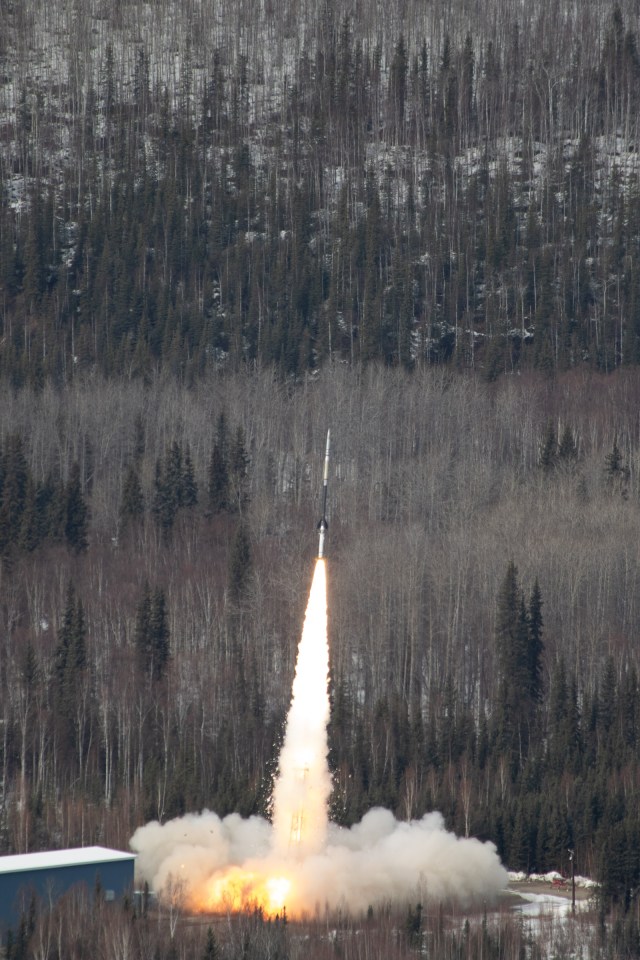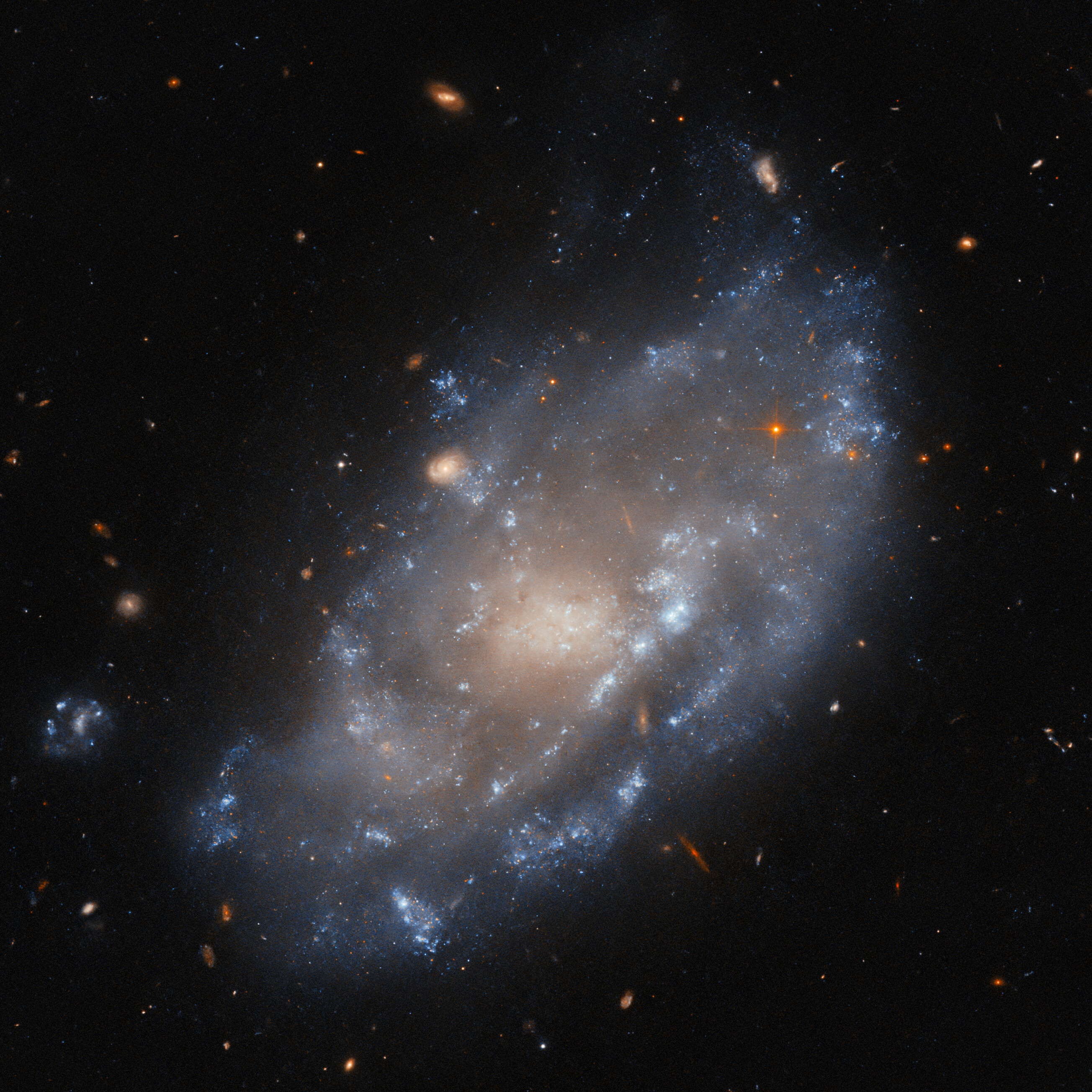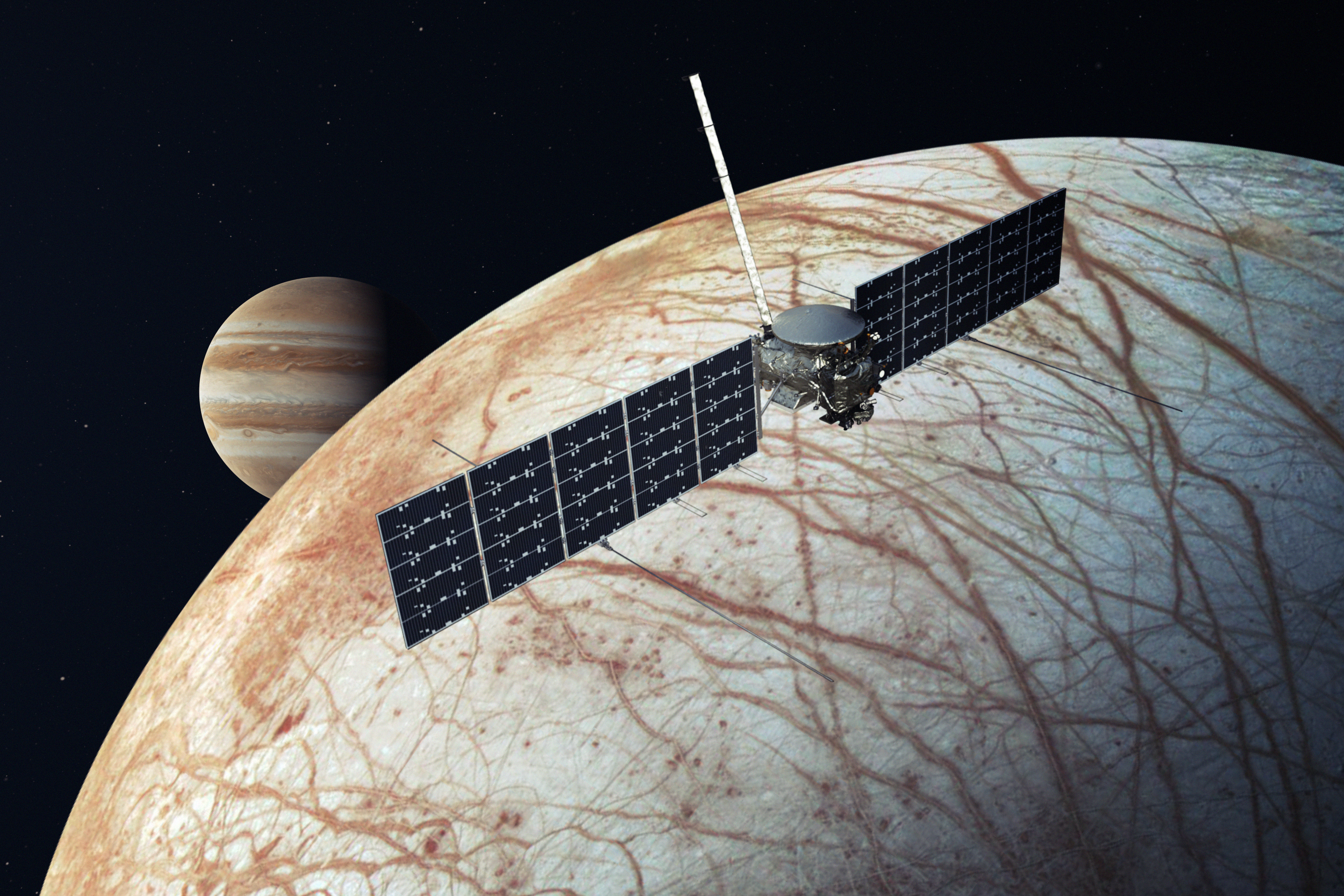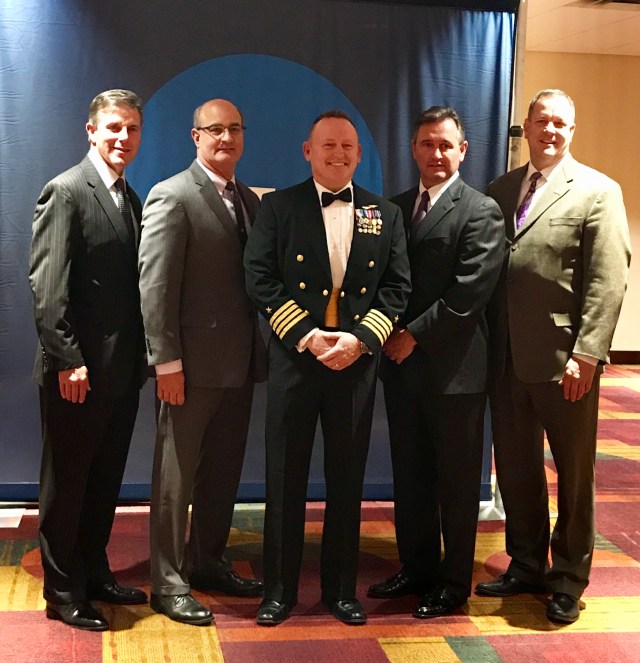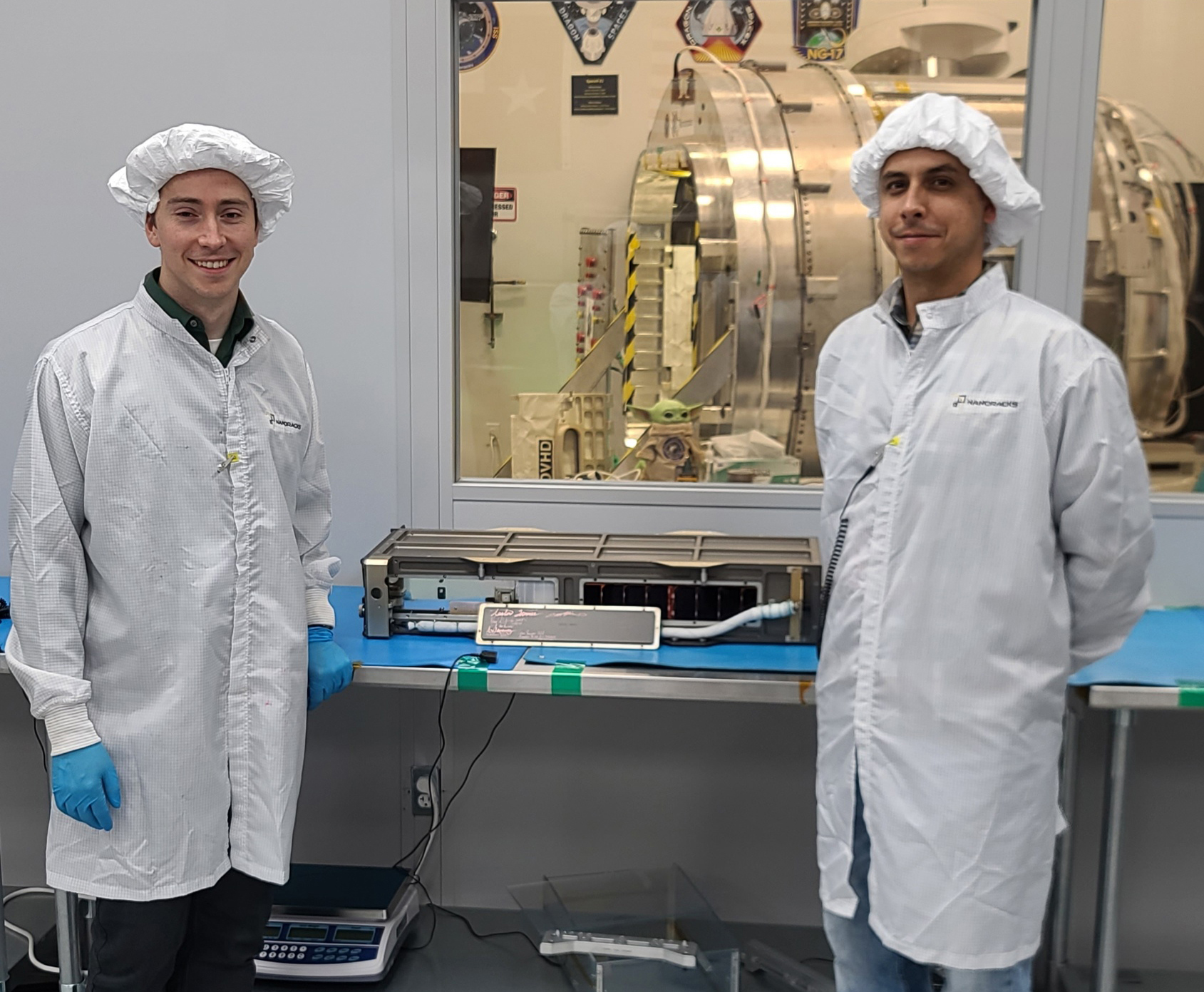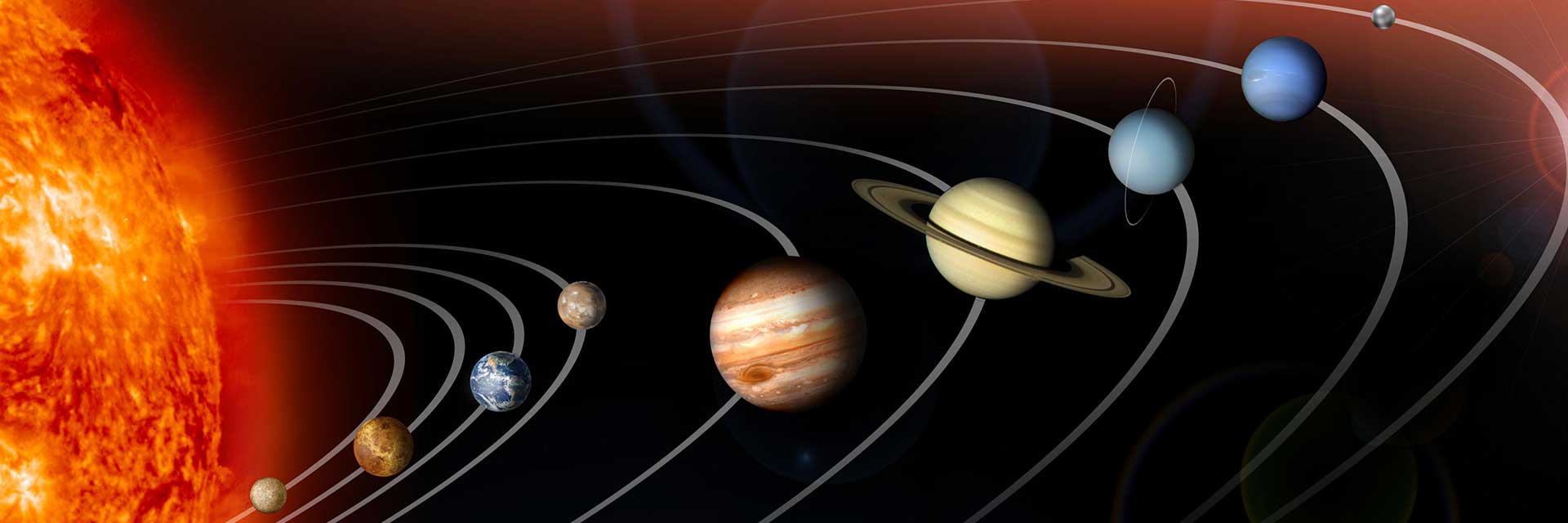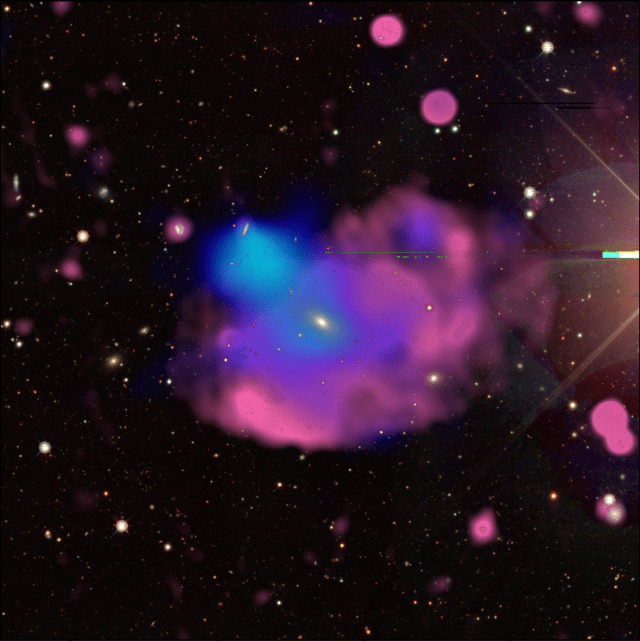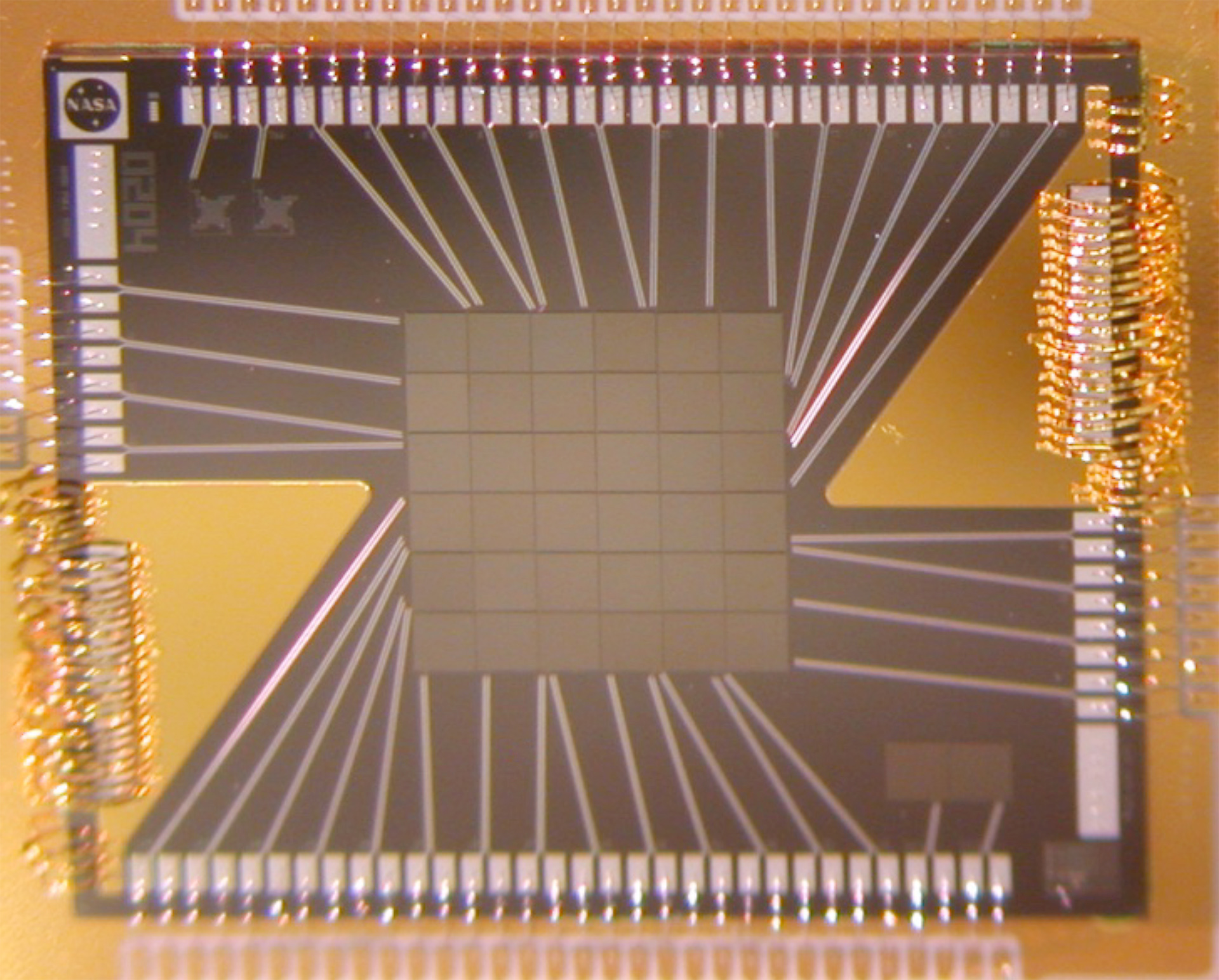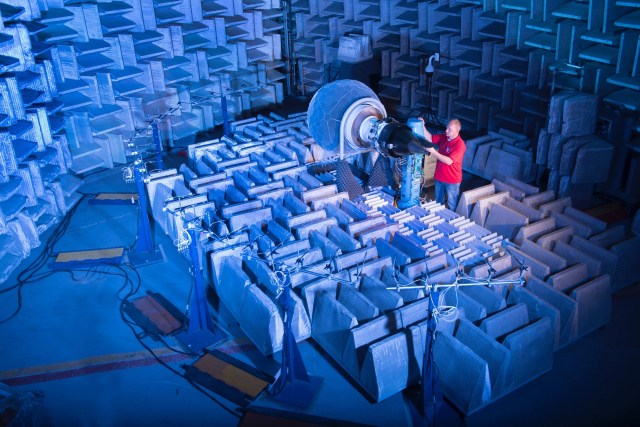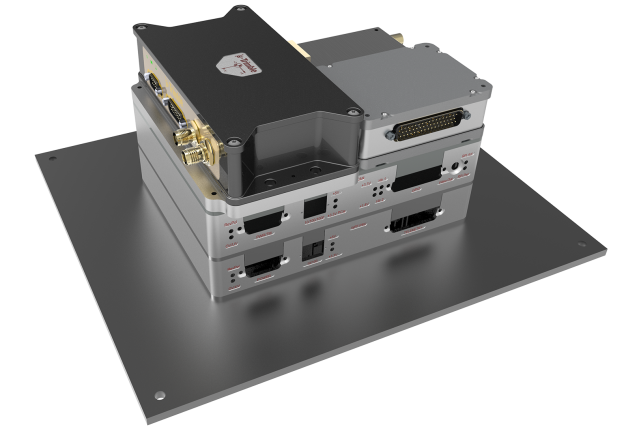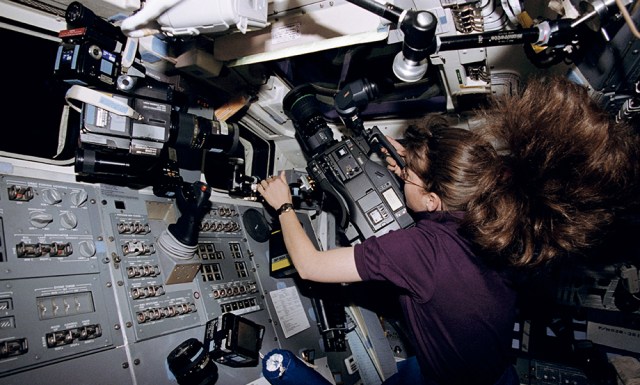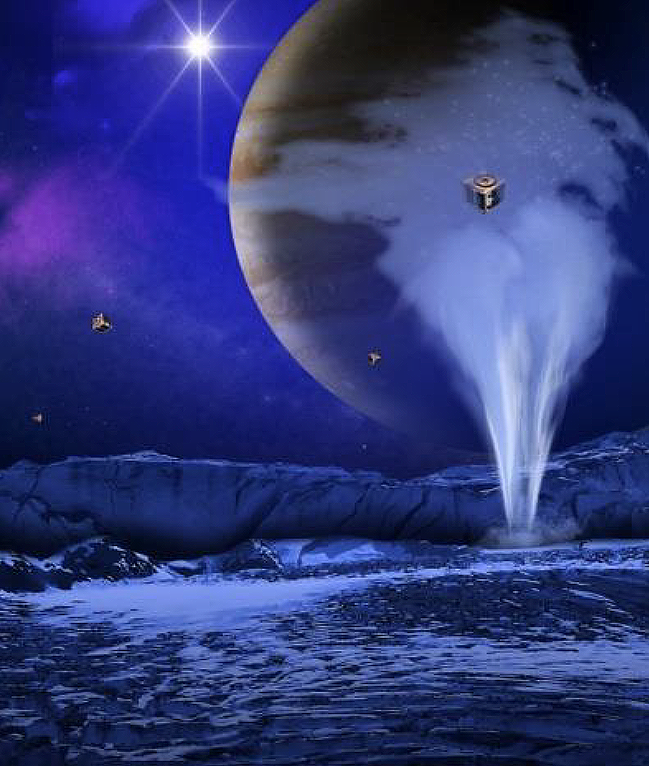Caroline Genzale
Georgia Tech Research Corporation
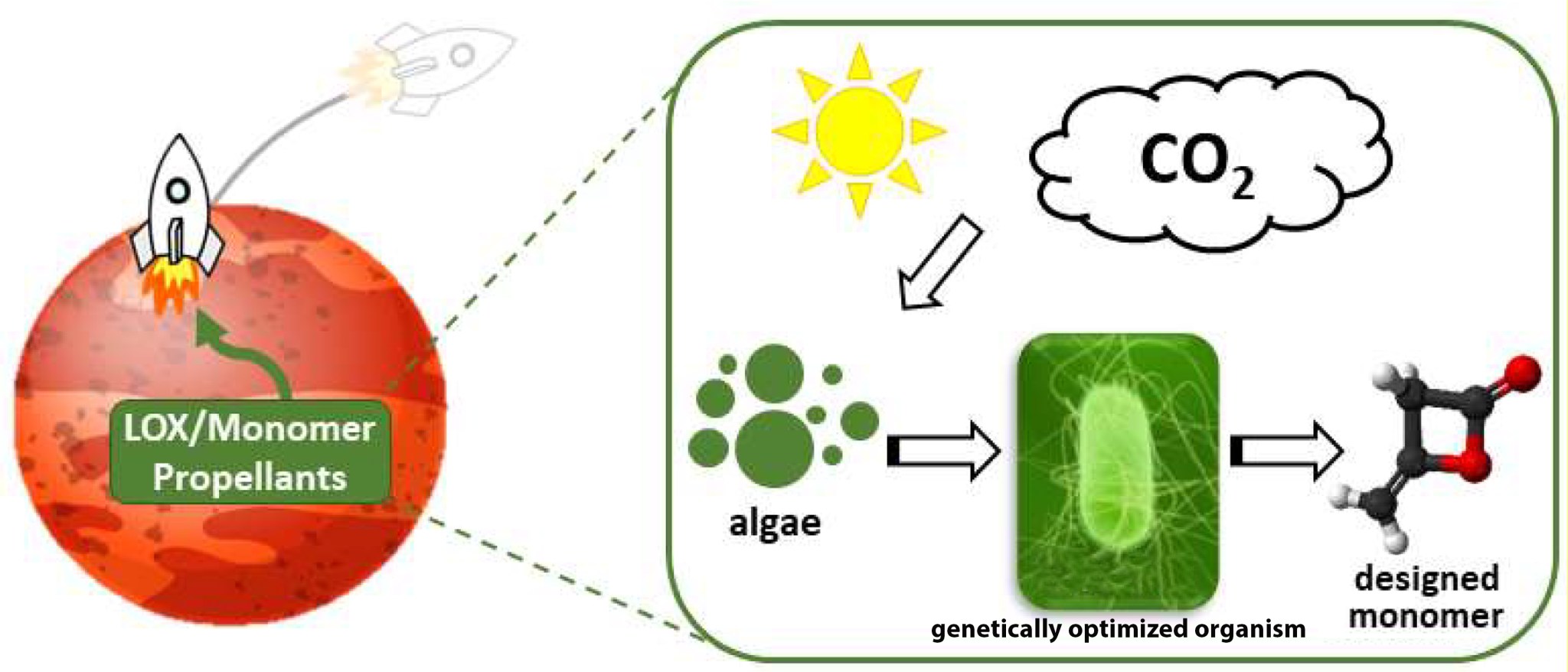
human presence on Mars, future interplanetary transport, and eventually, multi-planet colonization. We
propose a novel bio-propellant technology that uses genetically modified organisms brought from Earth to convert CO2 in
the Martian atmosphere to oxygenated hydrocarbons (monomers), which are used on Earth to make
polymers. These monomers are entirely unstudied for rocket propulsion, but they are non-cryogenic
liquids capable of intense energy conversion through combustion, making them ideal candidates for
propulsion of a human ascent vehicle from Mars. Credits: Caroline Genzale
As a multidisciplinary team of mechanical, aerospace, and biological engineers, we propose to co-develop a renewable, liquid, storage stable rocket propellant that can be produced and burned on Mars using bioorganisms to perform atmospheric in-situ resource utilization (ISRU). Utilizing 100% ISRU for propellant production, we aim to reduce the Entry Descent Landing (EDL) mass of a crewed mission to Mars by approximately 7 tons. This technology will enable long-term human presence on Mars and beyond because costly propellant deliveries from Earth would be unnecessary. We will genetically engineer organisms to efficiently convert the abundant CO2 in the Martian atmosphere into liquid hydrocarbons suitable for rocket propulsion and other energy needs on Mars. The proposed system grows algae biofilms that consume atmospheric CO2 and sunlight with minimal water resources. The algae then provide a food source to the genetically optimized organisms/microbes, which are engineered to produce a monomer with ideal combustion behavior and liquid properties. These monomers would be used in a pump-fed LOX/monomer propellant combination to power a human-crewed Mars Ascent Vehicle (MAV). We will focus on the production of C3-C4 diols, which have low melting points (< -36ºC) for use as a liquid on Mars, and optimal energy content (> 14MJ/L), to provide the minimum thrust needed for ascent from Mars. The chemical and physical properties, and energy density of these monomers suggest that they are capable of sufficient energy conversion through combustion for a crewed launch from Mars, making them excellent candidates for an ISRU rocket propellant. They are also liquid over a wide range of typical Mars temperatures, making them non-cyrogenic and storage stable. The oxygen atoms in the designed monomer will also enable a cleaner burn than conventional hydrocarbon propellants, supporting the reuse of rocket engines for multimission and interplanetary trips. Our approach will test the thermo-physical-chemical properties and combustion behavior of a suite of monomer rocket propellant candidates, while simultaneously developing the biological system for synthesizing them on Mars. By working together and in parallel, we will efficiently integrate testing feedback to quickly arrive at a co-optimized ISRU LOX/monomer rocket propellant. In total, these advantages will reduce infrastructure and resources needed to support human missions to Mars, and future, more ambitious efforts to expand human presence throughout the solar system.


